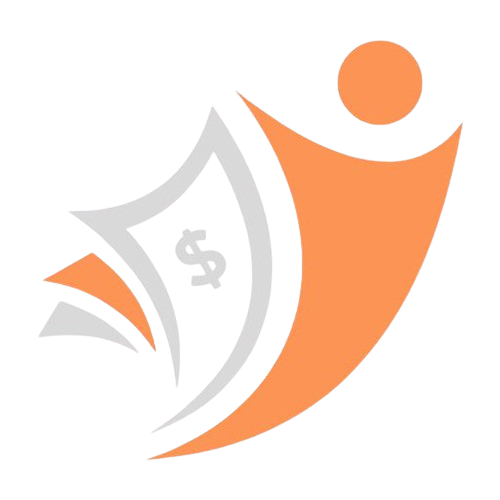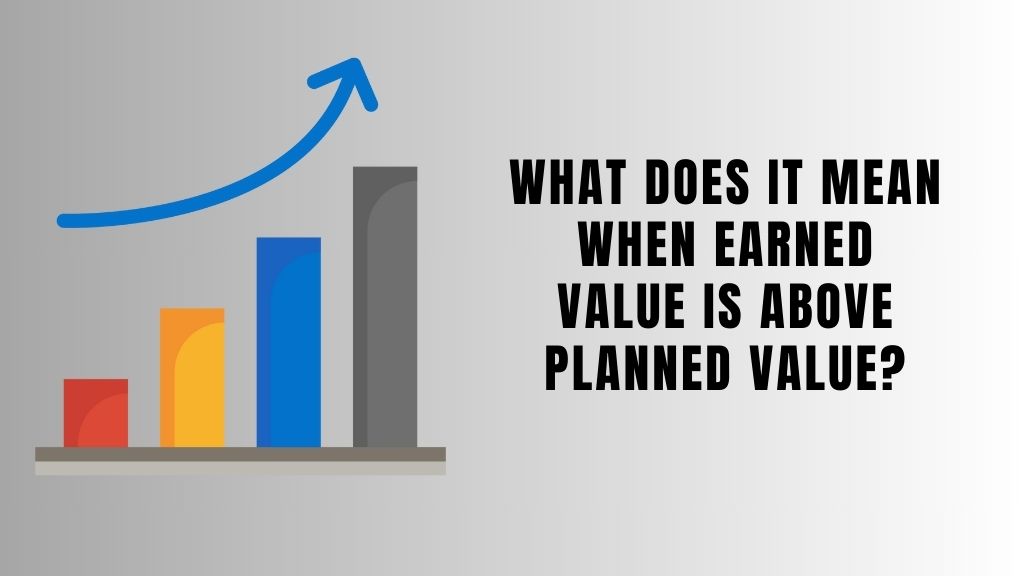What does it mean when earned value is above planned value? This is a crucial question in project management, as it helps assess a project’s performance and progress. Earned Value Management (EVM) is a widely used method to track a project’s financial and schedule performance. When the earned value (EV) exceeds the planned value (PV), it generally indicates that the project is ahead of schedule or has used resources more efficiently than expected. Understanding this concept allows project managers to make informed decisions, optimize resources, and improve overall project success.
In this blog, we will explore the meaning of earned value being above planned value, its significance, and how it impacts project management.
Understanding Earned Value and Planned Value
Before diving into the implications, it is important to understand the key terms in Earned Value Management (EVM):
What Is Earned Value (EV)?
Earned Value (EV) represents the value of work actually performed at a given point in time. It is calculated based on the budgeted cost of the completed work. EV helps in assessing how much of the planned work has been completed.
What Is Planned Value (PV)?
Planned Value (PV) refers to the estimated value of work that should have been completed at a specific point in the project timeline. It is based on the project’s schedule and budget, indicating whether the project is on track.
Also read: Which Example Shows an Advantage of Owning a Car Over Leasing One?
What Does It Mean When Earned Value Is Above Planned Value?
When EV is greater than PV, it means that the project has achieved more than what was originally planned by a certain point in time. This can be due to various reasons, including higher efficiency, better resource management, or faster work progress.
Example of Earned Value Exceeding Planned Value
Scenario: A construction company is working on a project scheduled to be completed in six months with a total budget of $100,000. By the end of the third month:
- The planned value (PV) was $50,000 (half of the project should have been completed).
- The earned value (EV) was $60,000 (the work completed is worth more than planned).
Interpretation: The project is ahead of schedule because the value of work completed is greater than what was expected at this stage. This is a positive indicator for project managers and stakeholders.
Benefits of Earned Value Being Above Planned Value
1. Project Is Ahead of Schedule
When EV exceeds PV, it means the team is completing tasks faster than planned. This gives flexibility to adjust schedules, allocate resources to other tasks, or even finish the project early.
2. Better Resource Utilization
Higher earned value can indicate that resources are being used efficiently. This means labor, materials, and other inputs are being managed well, reducing waste and increasing productivity.
3. Increased Stakeholder Confidence
Clients and investors prefer projects that are progressing well. When EV is higher than PV, stakeholders gain confidence that deadlines will be met, and their investment is in good hands.
4. Potential Cost Savings
Finishing tasks ahead of schedule can sometimes lead to cost savings. Reduced labor costs, lower equipment rental fees, and fewer disruptions contribute to a more cost-effective project.
Challenges of Having Earned Value Above Planned Value
While being ahead of schedule is usually positive, there are some potential concerns to consider:
1. Quality Control Issues
Rapid work progress can sometimes lead to compromised quality. It is important to ensure that speed does not result in errors or defects.
2. Overworked Team
If employees are working too fast, they may experience burnout or fatigue. Maintaining a balanced workload is essential for long-term project success.
3. Budget Misalignment
In some cases, early progress might mean that funds are being used faster than anticipated. Proper financial planning is needed to maintain budget control.
How to Maintain a Healthy Earned Value vs. Planned Value Ratio
1. Regular Monitoring and Adjustments
Project managers should frequently track EV and PV to ensure balanced progress. If EV is too high, they should verify that work quality is maintained and resources are not being exhausted too quickly.
2. Effective Communication with Team Members
It is important to keep an open dialogue with team members to understand their workload and challenges. If progress is ahead of schedule, managers should assess whether additional support or adjustments are needed.
3. Utilizing Project Management Tools
Using software like Microsoft Project, Primavera, or other EVM tools can help track progress accurately. These tools provide real-time data, making it easier to manage earned value and planned value effectively.
4. Balancing Speed with Quality
Managers should ensure that the project’s fast pace does not lead to errors. Regular quality checks and process improvements can help maintain high standards while achieving efficiency.
Real-World Applications of Earned Value Analysis
1. Construction Industry
In construction projects, earned value management is widely used to track the completion of structures, ensure timely deliveries, and manage labor efficiency.
2. IT and Software Development
Software companies use EV and PV analysis to track coding progress, testing phases, and overall project timelines.
3. Manufacturing and Production
Factories use these metrics to measure production efficiency, ensuring that manufacturing processes meet expected output levels within budget constraints.
Key Takeaways
- Earned value (EV) above planned value (PV) means the project is ahead of schedule.
- It indicates efficient resource use, increased stakeholder confidence, and potential cost savings.
- Challenges include quality control issues, overworked teams, and budget misalignment.
- Regular monitoring, effective communication, and project management tools can help maintain a balanced project pace.
Conclusion
What does it mean when earned value is above planned value? It signifies that a project is progressing faster than planned, which is generally a positive sign. However, while early progress is beneficial, project managers must ensure that quality, budget, and team well-being are not compromised.
By using earned value management effectively, organizations can optimize project performance, improve efficiency, and achieve successful outcomes. Understanding these principles helps professionals make informed decisions, ensuring that projects stay on track while delivering high-quality results.

